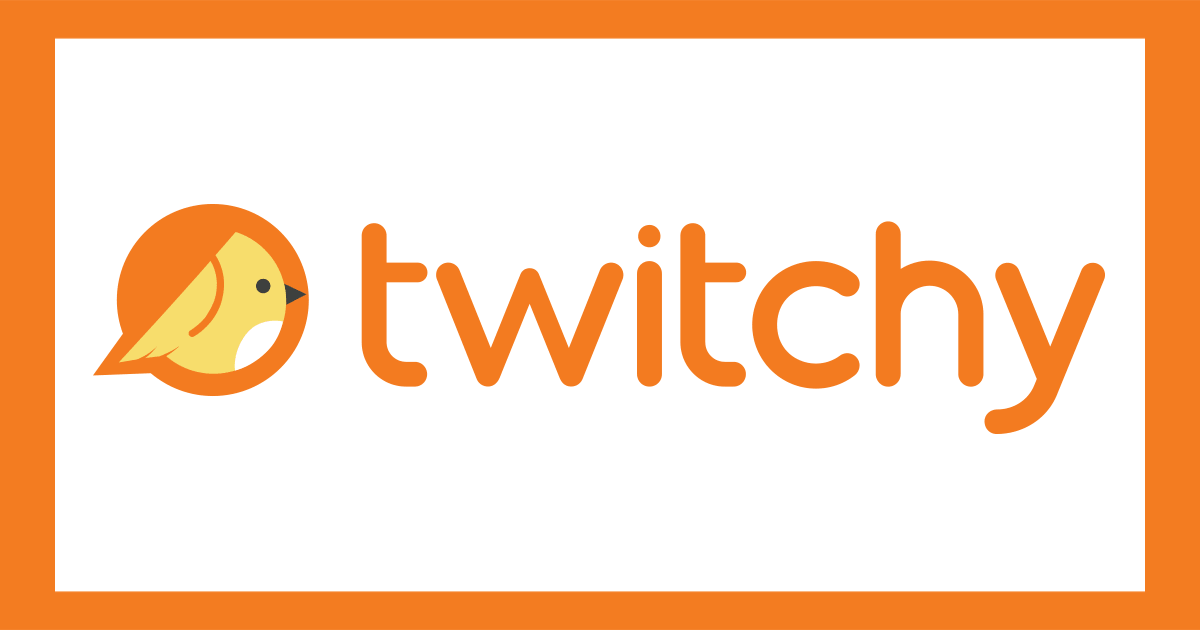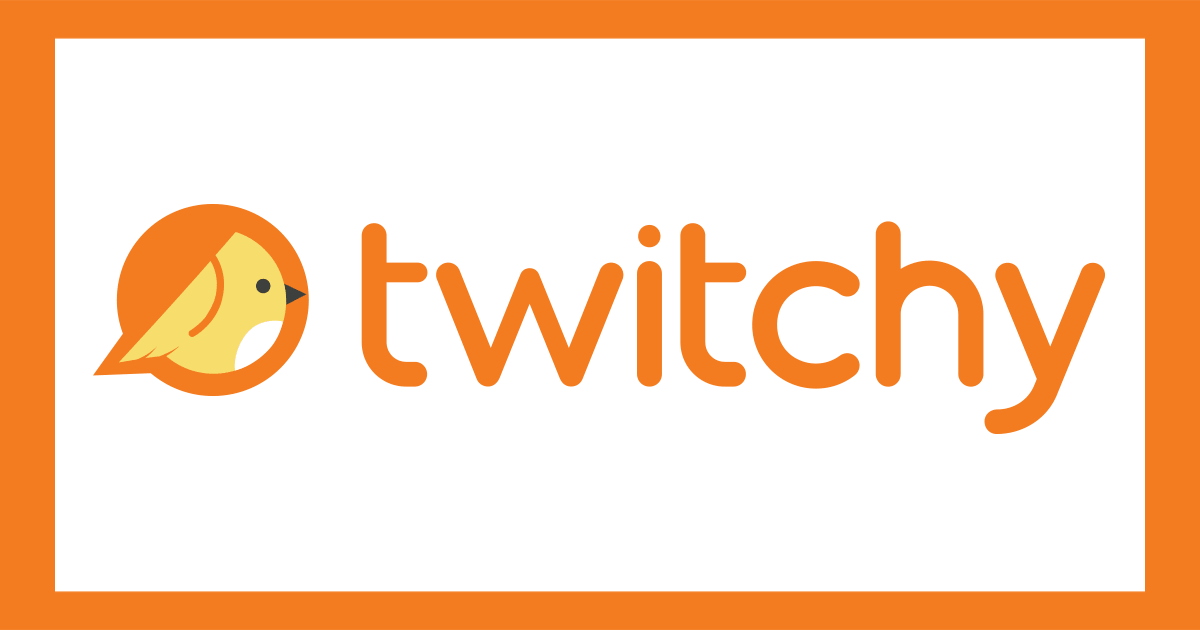In less than two years, we’ve watched as a potentially deadly pandemic was unleashed upon the world and scientists and medical professionals worked tirelessly to get us to a place where treatments and vaccines are widely available, and we theoretically no longer have to live in constant fear.
And according to Atlantic contributing writer Ian Bogost, that sort of unprecedented scientific and medical progress is a very, very bad thing:
"Having had the chance to tame the virus and failed to do so, and then fallen prey to exactly the risks that we foresaw—this is a new burden," @ibogost writes. https://t.co/aWOPP1sEFl
— The Atlantic (@TheAtlantic) December 14, 2021
Did you notice the headline?
After leading off with a story about how bittersweet it was to hear his seven-year-old daughter exclaim “Today was great!” and mean it, Bogost dives headfirst into a pit of despair:
Today was great. One can feel only despair about this latest shift. The Greek-letter naming convention, wisely adopted to avoid stigmatizing places, was already dour, as if each new variant were scripted as an enemy in science fiction. Omicron seems even worse—quicker to spread than the more transmissible strain of an already-transmissible virus. What are we supposed to do now?
What were we supposed to do before? Just hold out for the hospitals, we heard in spring 2020. Just wear masks, we heard that summer. Hold off on travel, the winter said. Test often, warned the spring. Just wait for the vaccines to be deemed safe for kids, entreated early fall. Now it’s winter again, and even with vaccines, next year feels no more encouraging than this one. Just more of the same.
This calamity has been foreseen, over and over again. Everyone knew that absent global vaccinations, the virus would mutate, and that it could also hide in wildlife and remerge, maybe stronger and more dangerous. Delta proved the point, and yet nothing changed. Now that Omicron is here, and apparently worse, it’s easy to conclude that nothing ever will.
His daughter is so fortunate to have a dad who will make sure that she grows up absolutely terrified.
Get. A. Grip. pic.twitter.com/3WzYCkJVZw
— Stephen L. Miller (@redsteeze) December 16, 2021
Even a tenuous grip with sweaty, greasy hands would be better than what Ian’s got right now.
Past pandemics used to last decade+ we are about to push through this one in like 2 years
— Adam Singer (@AdamSinger) December 16, 2021
Just two more years to slow the spread.
— Stephen L. Miller (@redsteeze) December 16, 2021
This is insanity. Truly.
"You don’t have to be clairvoyant to forecast what will happen if Biden and the Democrats continue to inculcate hopelessness in their voters." https://t.co/clvIdcnuT3 https://t.co/NTPeMZApma
— Noah Rothman (@NoahCRothman) December 16, 2021
Here, some objectively good news is innovatively repackaged not just as bad news, but as cripplingly depressing news. It's a unique innovation that promises profound cultural and commercial rewards. https://t.co/qhwpPtFyc1 pic.twitter.com/dJdHfqOg12
— Noah Rothman (@NoahCRothman) December 16, 2021
There are plenty of people out there that eat this stuff up. The Atlantic wants even more of them.
fear sells, lookat their most popular reads pic.twitter.com/g11odduXPW
— Adam Singer (@AdamSinger) December 16, 2021
The Atlantic isn't a magazine. It's therapy.
— Stephen L. Miller (@redsteeze) December 16, 2021
People don't spend all day every day doing something they hate. https://t.co/tDepPXUK5q
— Noah Rothman (@NoahCRothman) December 16, 2021
It's very much on purpose. https://t.co/j4VM2kS7Jc
— Stephen L. Miller (@redsteeze) December 16, 2021
Without a doubt.
Straight up evil. They know what they’re doing and want to keep people in despair.
— Rohan (@RohanPosts) December 16, 2021
They aren't going to end this. It has to be ended for them.
— Stephen L. Miller (@redsteeze) December 16, 2021

























Join the conversation as a VIP Member